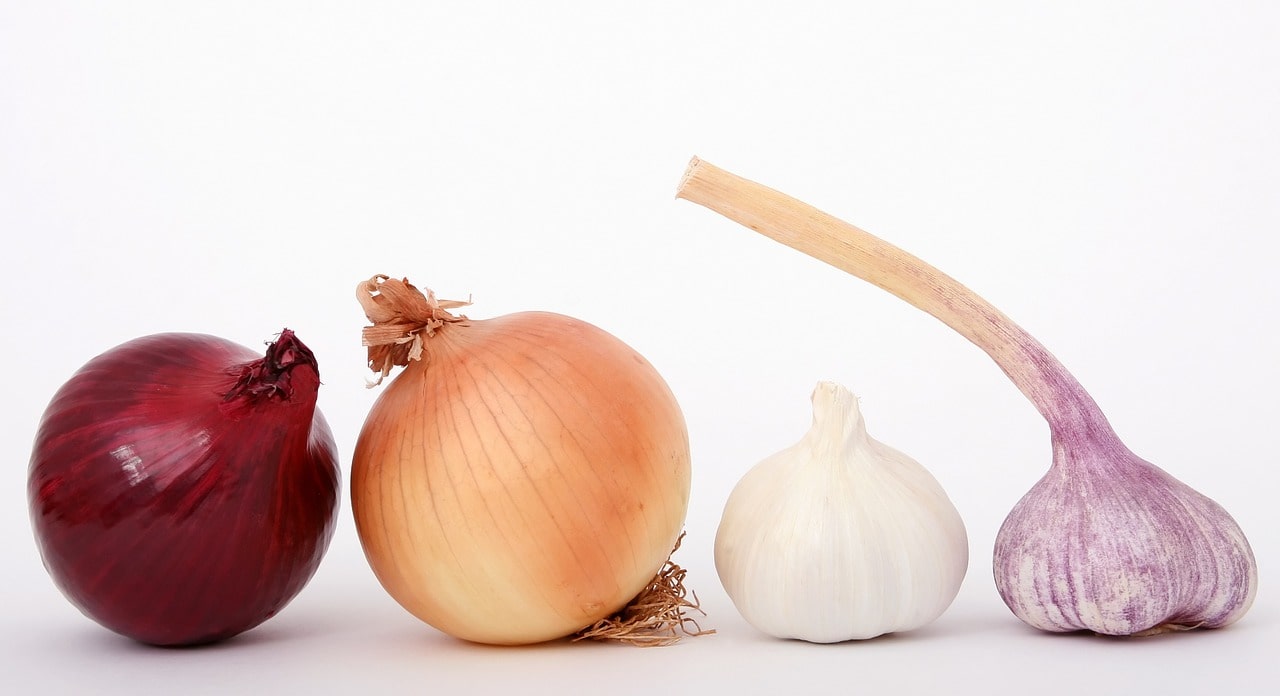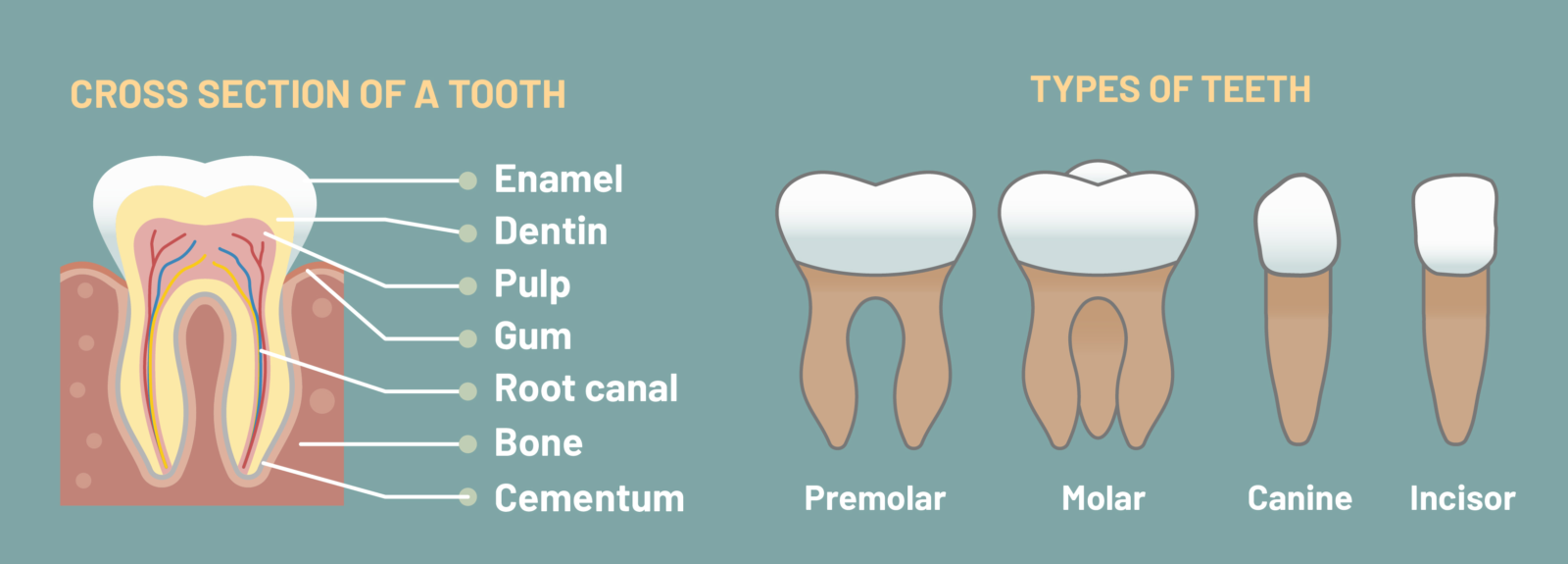
Canker sores can be incredibly painful and are also known as aphthous ulcers or mouth ulcers. A canker sore is a shallow sore that develops inside the mouth and may affect your cheeks or lips. In addition, you can get canker sores on the tongue or your gums or soft palate. Mouth canker sores can develop as a cluster or on their own and may recur. While canker sores can cause pain, they usually disappear without treatment within a week or two. However, if they last longer and don’t seem to be healing or are particularly painful, contact our dentist in Gosnells for help and advice.
The Difference Between Canker Sores and Cold Sores
It’s important to realise canker sores are different from cold sores. Cold sores are caused by the herpes virus, develop outside of the mouth on the lips, and are highly contagious. Canker sores are not contagious and only develop inside the mouth.
Symptoms of Canker Sores
One major symptom of a canker sore is pain, and when it first begins to develop, your mouth may have a tingling or burning sensation, and the affected area could feel rough to touch. As the sore develops, it looks like a small shallow ulcer that is symmetrical or can be irregular in shape. It can be white, yellow or grey, and the tissue surrounding it is often red and inflamed.
When canker sores are more severe, they can cause other unpleasant symptoms such as a rash, your and lymph nodes may swell, and your joints might start to feel painful. In addition, you could feel sluggish or will develop a fever or diarrhoea. If you have these symptoms, it’s important to see a canker sore dentist quickly for immediate treatment.
Different Types of Canker Sores
There are three main types of mouth ulcers which are:
- Minor canker sores can develop on your tongue, inside your cheeks, your lips and on your gums. It’s rarer for them to develop on the roof of your mouth. Usually, these canker sores are oval-shaped and quite small and have a red border, but you can have several at a time. Minor canker sores can occur three or four times a year, and they are more common in people aged 10 to 20.
- Large canker sores are a more severe form of aphthous ulcer and take longer to heal. Large or major canker sores are round and usually have a clear border, but these borders may be irregular when they are larger. They can develop around the tonsils, making it very painful to swallow. Large canker sores generally develop one at a time, but they can last for two weeks or longer. Usually, they heal well but might leave scars. However, if you have a large canker sore that lasts longer than three weeks, see a dentist in Perth.
- Herpetiform canker sores are rarer and tend to develop as a cluster. You may have as many as a hundred of these painful, small canker sores, so they merge into one larger ulcer, and they can last for up to 2 weeks. These generally don’t leave any scars.
What Causes Canker Sores?
It’s not always clear what causes mouth ulcers, and it can be tricky to pinpoint the reason. However, some factors can trigger canker sores. Possible canker sore causes include:
- Using toothpaste or mouthwash containing sodium laurel sulphate, an agent that causes these products to foam.
- Eating very acidic foods like pineapple, lemon and strawberries, or other foods such as chocolate, coffee, cheese, eggs and nuts, and spicy food.
- If you are deficient in certain vitamins, including folate, iron and zinc and vitamin B12, you may be more susceptible to developing canker sores.
- Canker sores can develop after a dental operation or after accidentally biting the inside of your cheeks or even brushing your teeth too hard. People who wear dental braces may also develop canker sores during their treatment.
- Canker sores can occur because of stress or if you don’t get enough sleep.
- Hormonal changes during menstruation can prompt mouth ulcers.
- Taking certain medications, including non-steroidal and anti-inflammatory medicines like ibuprofen.
- Canker sores can develop in response to a viral, bacterial or fungal infection or if you have an allergic reaction to bacteria found in the mouth.
Other times, canker sores can be linked to health conditions including diabetes, coeliac disease, HIV/AIDS, and inflammatory bowel disorders, including Crohn’s disease. In addition, if your immune system is weakened, it is more likely to attack the healthy cells found in your mouth than pathogens like viruses and bacteria.
How to Get Rid of Canker Sores?
Some home remedies can help treat canker sores and which you might want to try initially. For example, honey has antibacterial qualities, and you can apply raw honey directly to the mouth ulcer. Another option is to dab a tiny amount of milk of magnesia directly onto the canker sore several times a day. You can also make a mouth rinse using warm saltwater. Alternatively, dissolve a teaspoon of baking soda into half a cup of warm water. Some people find it helpful to apply ice to their canker sores, placing an ice chip directly on the sore area.
It is important to make sure you maintain good oral hygiene, but be careful to brush your teeth gently. If you suspect your toothpaste may be causing the problem, opt for a brand that doesn’t contain any foaming agent, and Tandara Dental can always advise you on suitable brands to try. While your canker sores are healing, avoid eating spicy foods or anything very acidic that could irritate the sores, causing further pain.
Can a Dentist Treat Ulcers?
Yes, and if your canker sores are causing you pain and discomfort or making it difficult to eat and drink, please contact us and remember our dentist is open on weekends, and we offer Saturday appointments. It is important to see a dentist in Perth for painful canker sores that fail to heal promptly in case another condition is causing them.
Our canker sore dentist can gently examine your mouth and discuss how to get rid of mouth ulcers. If necessary, we can prescribe an antimicrobial mouth rinse to help reduce inflammation and pain. Another mouth ulcer treatment is to use over the counter or prescription medicine applied topically to the mouth ulcers, such as a corticosteroid ointment. Sometimes oral medications are necessary, and especially if your canker sores don’t respond to other forms of mouth ulcer treatment such as topical medicines. We can also provide oral health care tips on how to prevent mouth ulcers.
Preventing Canker Sores
Although mouth ulcers aren’t curable, you can prevent canker sores by avoiding foods and drinks that may irritate your mouth. Additionally, make sure you use a soft-bristled toothbrush to gently yet thoroughly clean teeth. Finally, brushing after meals and flossing each day will help remove any potential irritants from your mouth.










